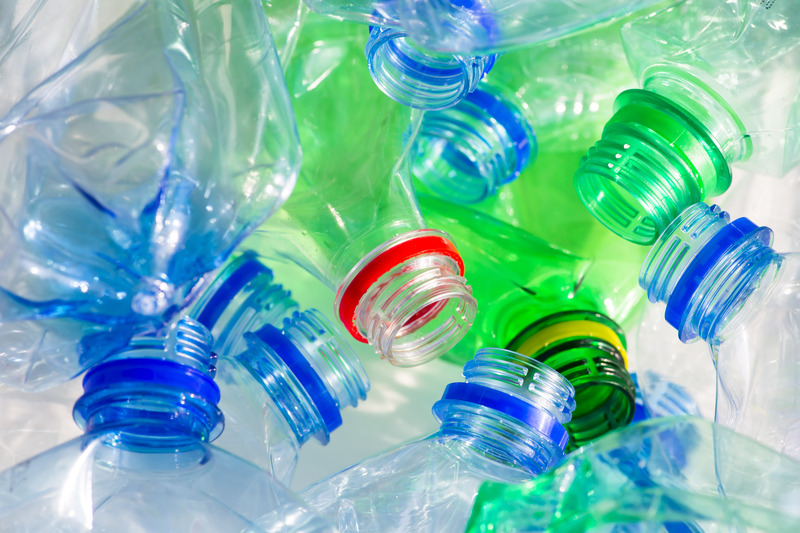Unsafe Plastics Warning
Posted on 01/01/2025
Plastic has become an indispensable part of our daily lives due to its versatility, durability, and affordability. However, not all plastics are created equal, and some can pose serious risks to human health and the environment. Understanding the implications of unsafe plastics and taking steps to minimize exposure is crucial for maintaining wellbeing and preserving the planet.
Types of Unsafe Plastics
There are several types of plastics that have been identified as unsafe due to the chemicals they contain and the potential health risks. Here is a list of some common types:
- Polyvinyl Chloride (PVC): Found in pipes, toys, and packaging. PVC can release harmful chemicals like phthalates and dioxins.
- Polystyrene (PS): Often used in disposable cutlery, cups, and plates. It can leach styrene, a possible human carcinogen.
- Polycarbonate (PC): Used in water bottles, food containers, and electronic components. PC can release Bisphenol A (BPA), which is linked to hormonal disruptions.

Health Risks Associated with Unsafe Plastics
Exposure to unsafe plastics can lead to a range of health issues. Some of the primary concerns include:
- Endocrine Disruption: Chemicals like BPA and phthalates can interfere with the body's hormone systems, potentially causing reproductive issues, developmental problems, and increased cancer risk.
- Cardiovascular Issues: Certain plastic chemicals may contribute to heart disease and other cardiovascular problems.
- Neurological Damage: Prolonged exposure to harmful plastics can affect brain function and increase the risk of neurodevelopmental disorders in children.
Environmental Impact of Unsafe Plastics
Unsafe plastics not only pose risks to human health but also have significant environmental consequences:
- Pollution: Plastics take hundreds of years to decompose, contributing to long-term pollution in oceans and landfills.
- Wildlife Harm: Animals can ingest plastic debris, leading to injury or death. Chemicals from plastics can also accumulate in the food chain.
- Resource Depletion: The production of plastics relies on non-renewable resources like oil and natural gas, which are finite.
How to Identify Unsafe Plastics
Identifying and avoiding unsafe plastics can be challenging. Here are some tips:
- Check the Recycling Code: Plastics are often marked with a recycling code, usually located at the bottom of the product. Avoid plastics with codes 3 (PVC), 6 (PS), and 7 (Other, often polycarbonate).
- Look for BPA-Free Labels: While not foolproof, products labeled as BPA-free are generally safer alternatives.
- Opt for Alternatives: Choose glass, stainless steel, or other non-plastic options whenever possible.
Tips to Reduce Exposure to Unsafe Plastics
- Use reusable bags and containers to minimize single-use plastic waste.
- Avoid microwaving food in plastic containers, as heat can cause chemicals to leach out.
- Be cautious with plastic toys and personal care products; look for safer alternatives.
Pros and Cons of Plastics
Plastics offer several advantages and disadvantages:
Pros:
- Durable and versatile.
- Cost-effective for manufacturing and distribution.
- Lightweight, reducing transportation emissions.
Cons:
- Potential health risks from exposure to harmful chemicals.
- Environmental pollution and wildlife harm.
- Dependency on non-renewable resources.

Key Takeaways
Reducing exposure to unsafe plastics is vital for health and environmental sustainability. Pay attention to recycling codes, choose safer alternatives, and follow guidelines to minimize risk.
Conclusion
While plastics are an integral part of modern life, being aware of the dangers of unsafe plastics and taking proactive steps to reduce exposure is essential. By making informed choices, we can protect our health and contribute to a cleaner, safer environment.



